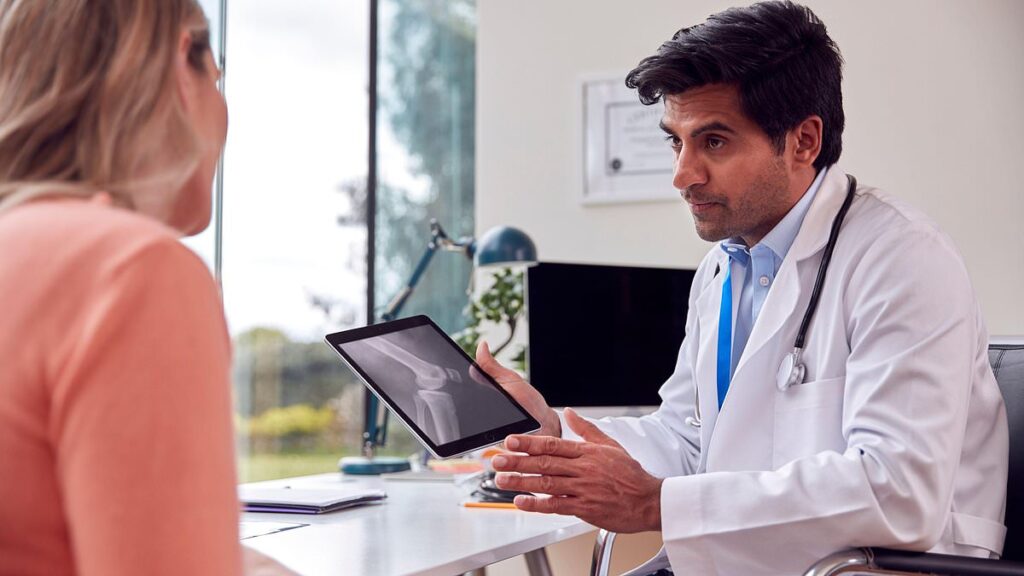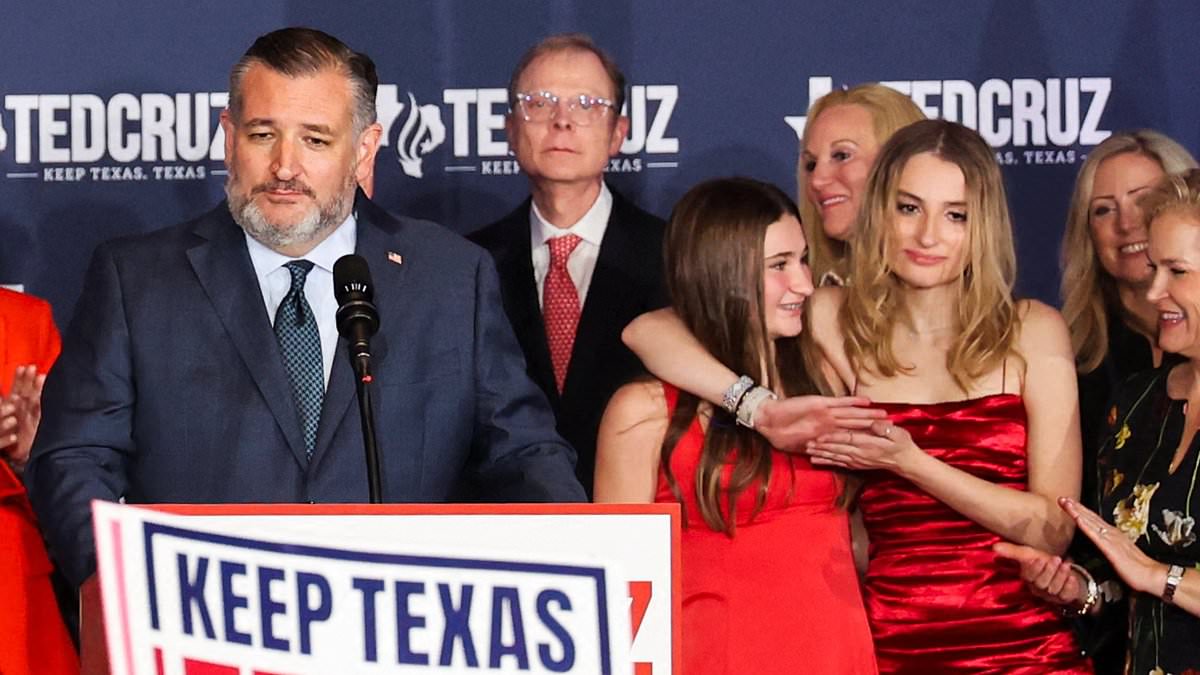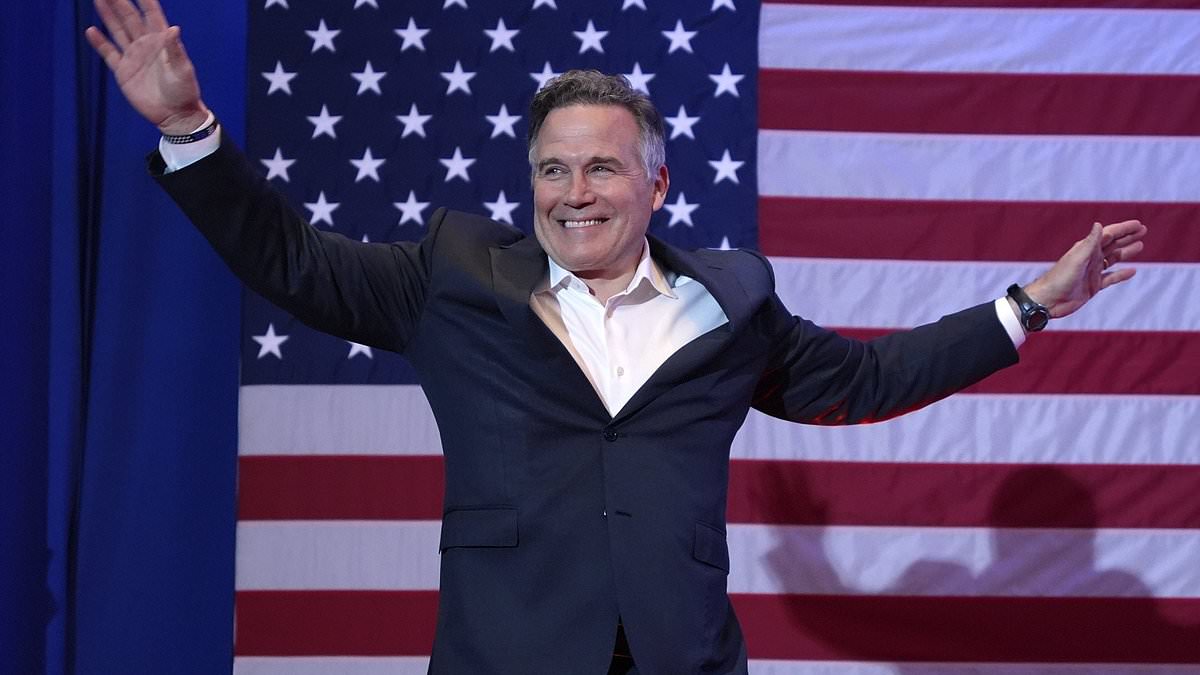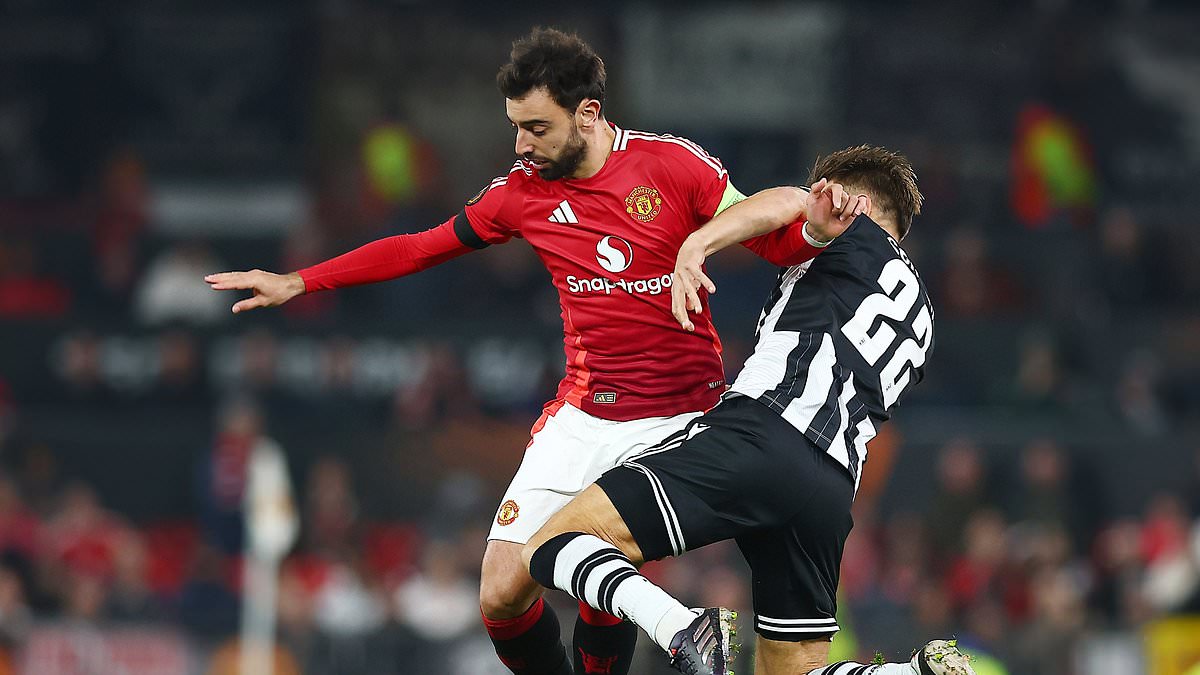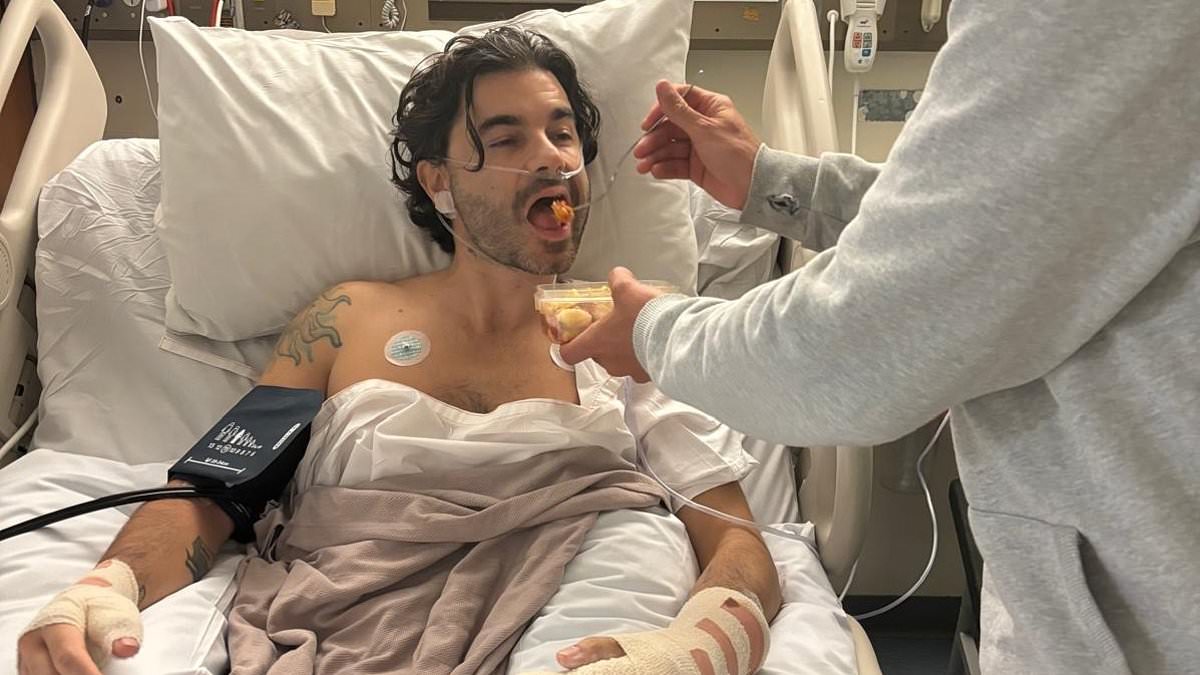Less than half of patients are given face-to-face GP appointments, new data suggests.
Of those who do manage to get an in-person appointment, a fifth are waiting more than two weeks.
What’s more, some 2,000 people were unable to get hold of their GP practice when looking for medical help.
While 7.3 per cent could get in touch with their surgery the next day, 5.3 per cent reported they were unable to contact them at all, meaning signs of potentially life-threatening conditions may have gone unchecked.
The data, collected by The Office for National Statistics (ONS), is based on recent experience of the health service of more than 95,000 people in England.
The findings represent a bleaker picture to recently published figures that were collected by GP surgeries.
According to this monthly data — released in September and based on practices’ reports of their performance — 65.5 per cent of all appointments in September were carried out face-to face.
And while the new data indicates that only 33.3 per cent of patients are able to see doctors on the same day they call, GP surgeries report this figure to be almost half.

The survey of more than 100,000 people found that out of the 95,468 who attempted to contact their GP practice a fifth were unable to contact their GP that day

Two in five (39.9 per cent) reported they did nothing about their ailment and 32.2 per cent said they did ‘something else’
Of the patients surveyed about their experiences of GP surgeries over the last month, a fifth said they received what they needed online or via a telephone appointment.
The data, which is collected monthly using an online form, surveyed a representative sample of people over 16 in England.
Patients have long expressed their frustration over access to timely GP appointments, particularly with regards to in-person appointments.
Campaign group Silver Voices has previously argued elderly people who feel uncomfortable revealing personal medical issues over the internet may be at risk of having important red flags missed.
But GPs say they’re overwhelmed due to the pressures of the rising and ageing population, a lack of government funding and a shortage of doctors.
It comes after more than 98 per cent of family doctors in England backed the proposed British Medical Association (BMA) industrial action to put a 25 appointment per day cap per family doctor.
Helen Morgan MP and Liberal Democrat Health and Social Care spokesperson argued that the country’s primary care services are ‘at breaking point’.
‘Patients are left completely without options, instead letting their issues get worse when they are unable to get the care they need,’ she said.
She added: ‘The blame for this shocking state of affairs lies squarely with the Conservative Party whose years of shameful neglect has broken our NHS.
‘It is now down to the new government to rise to this challenge and rescue our health service.
‘That is why it is so disappointing to see that instead of supporting our GPs they are piling more pressure on them with their national insurance hike.’
‘The new government needs to urgently rethink these proposals, scrap the GP penalty and get patients the care they deserve.’
The national insurance hike is expected to cost practices around £40,000 and could make surgeries feel the strain.
Doctors say they will be forced to cut back on staff if they are not exempt from the tax hike.
Reacting to the ONS survey Ruth Rankine, primary care director at the NHS Confederation, said: ‘Improvements can be made to address the important proportion of patients who are not satisfied and find it hard to get through to their practices.
‘These results show that despite the ongoing financial pressures and staffing crisis, GPs and their teams are still managing to keep the majority of their patients happy.
‘Primary care is facing record demand, with millions more appointments than before the pandemic.
‘But with the sector facing more potentially unfunded cost pressures and fears the employer national insurance hike could have a huge impact on surgeries it is still vital that primary care is give the right support it needs to keep patients safe and satisfied.’

